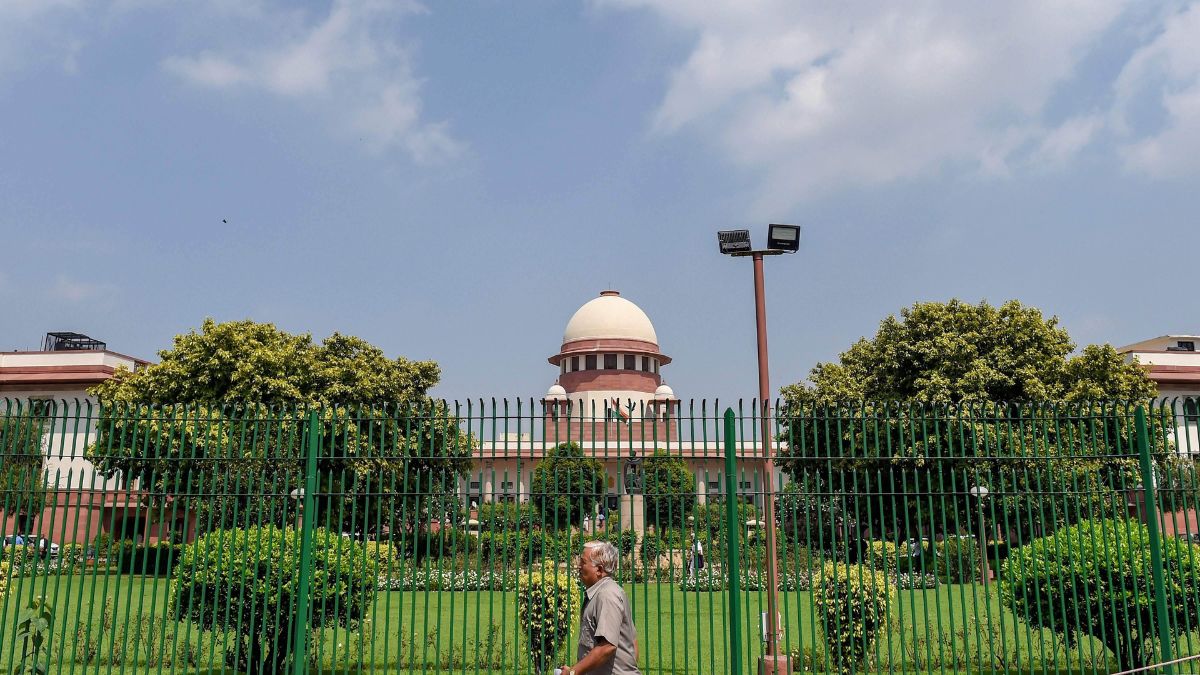

Driving safely on Indian roads has always been paramount, but now there's another compelling reason to do so: your insurance claim could be rejected if an accident occurs due to rash driving. The Supreme Court has recently reinforced this principle, clarifying that insurance companies are not obligated to pay compensation to the families of drivers who die or are injured as a result of their own reckless actions. This ruling emphasizes personal responsibility and aims to deter dangerous driving habits.
The Supreme Court Ruling
In a recent case, Justices P.S. Narasimha and R. Mahadevan dismissed a claim by the family of N.S. Ravisha, who died in a car accident caused by his rash driving. Ravisha was driving at high speed, violating traffic rules when he lost control of the vehicle, resulting in a fatal accident. His family sought compensation of ₹80 lakh from the United India Insurance Company, but both the Motor Accident Claims Tribunal and the Karnataka High Court rejected the claim, citing the police report that confirmed the accident was due to Ravisha's negligence.
The Supreme Court upheld the High Court's decision, stating that insurance companies are not liable to pay compensation when the accident is solely the driver's fault and no external factors are involved. The court emphasized that families cannot demand an insurance payout when death is caused by the deceased's own mistake, without any extraneous factors contributing to the accident. The ruling underscores that an insurance company is not bound to pay in cases of self-inflicted accidents caused by the insured individual's negligence.
Implications of the Ruling
This Supreme Court verdict has significant implications for vehicle owners and insurers alike. It sets a precedent for similar cases in the future, highlighting that individuals cannot seek compensation for accidents caused by their own negligence. The judgment serves as a deterrent against reckless driving and promotes accountability among road users, reinforcing the dangers of speeding and unsafe driving.
Rash Driving and the Motor Vehicle Act
Section 184 of the Motor Vehicle Act addresses dangerous and reckless driving, outlining various violations and their penalties. These violations include:
The Motor Vehicle (Amendment) Act 2019 increased the penalties for dangerous driving, with offenders now facing higher fines and longer imprisonment, especially repeat offenders. Violations of Section 184 that lead to accidents or harm to others can also result in increased insurance premiums or even the inability to renew car insurance.
Safe Driving: A Shared Responsibility
With the rising number of vehicles on Indian roads, road safety has become a critical concern. Over 1.5 lakh lives are lost each year in India due to road accidents, highlighting the urgent need for safer driving habits. This recent ruling serves as a reminder that safe driving is not just a legal obligation but also a shared responsibility. By adhering to traffic rules, avoiding rash and negligent actions, and prioritizing the safety of themselves and others, drivers can contribute to making Indian roads safer for everyone. Moreover, drivers can protect themselves and their families from potential financial losses due to claim rejections.